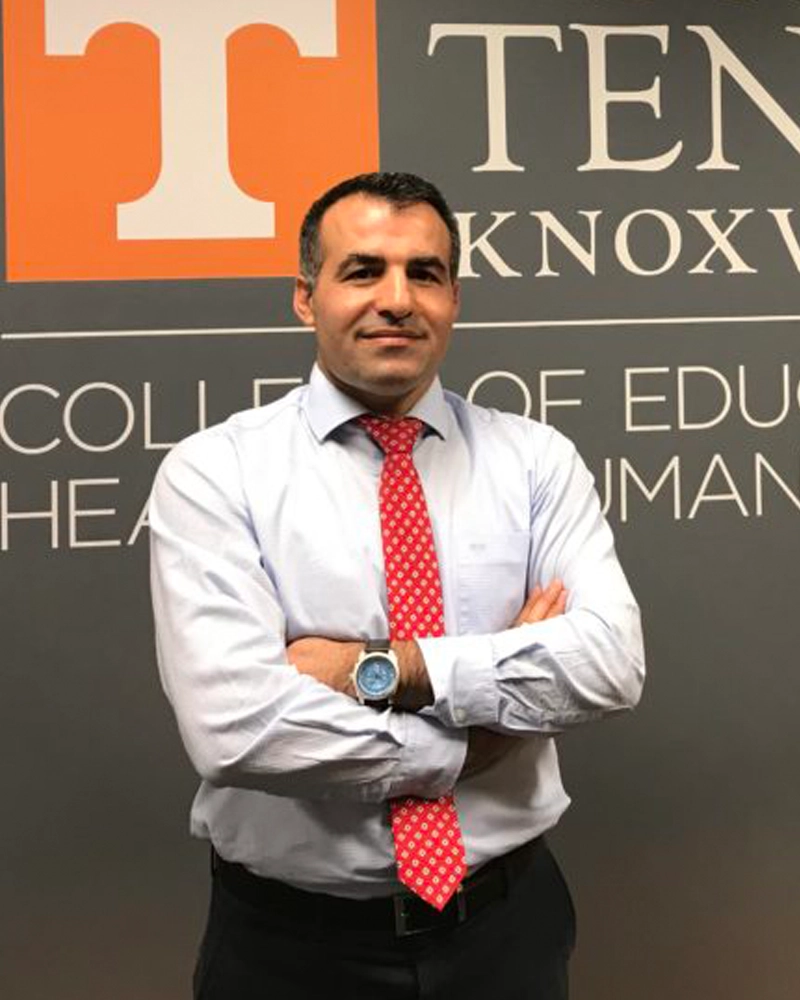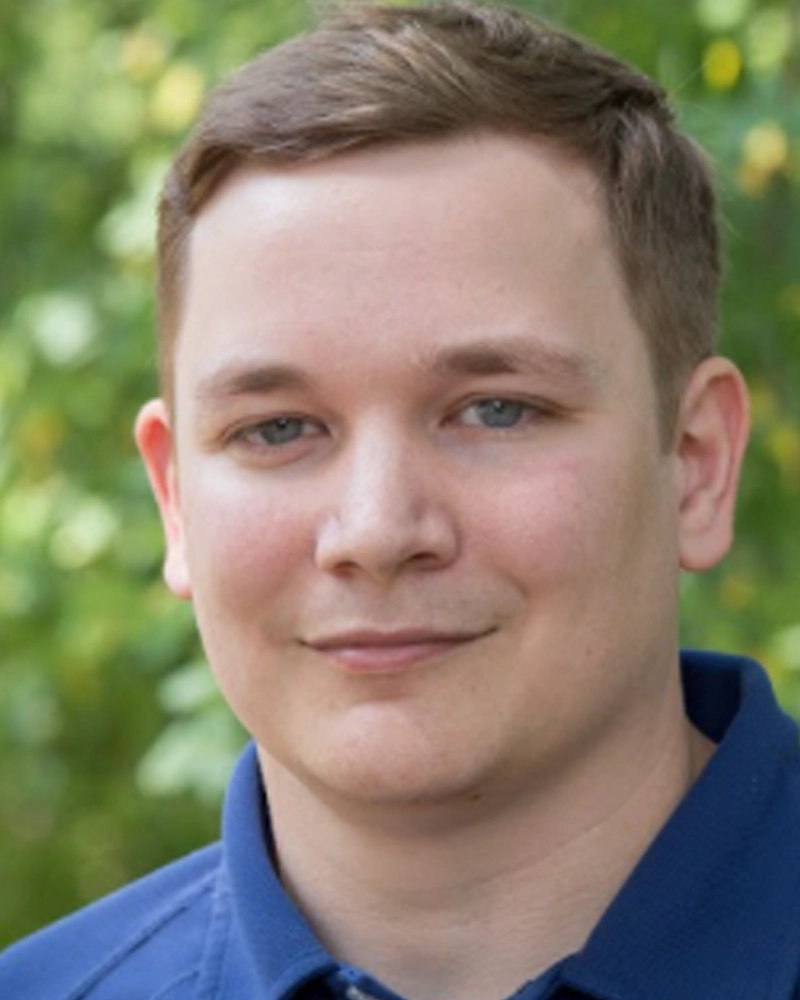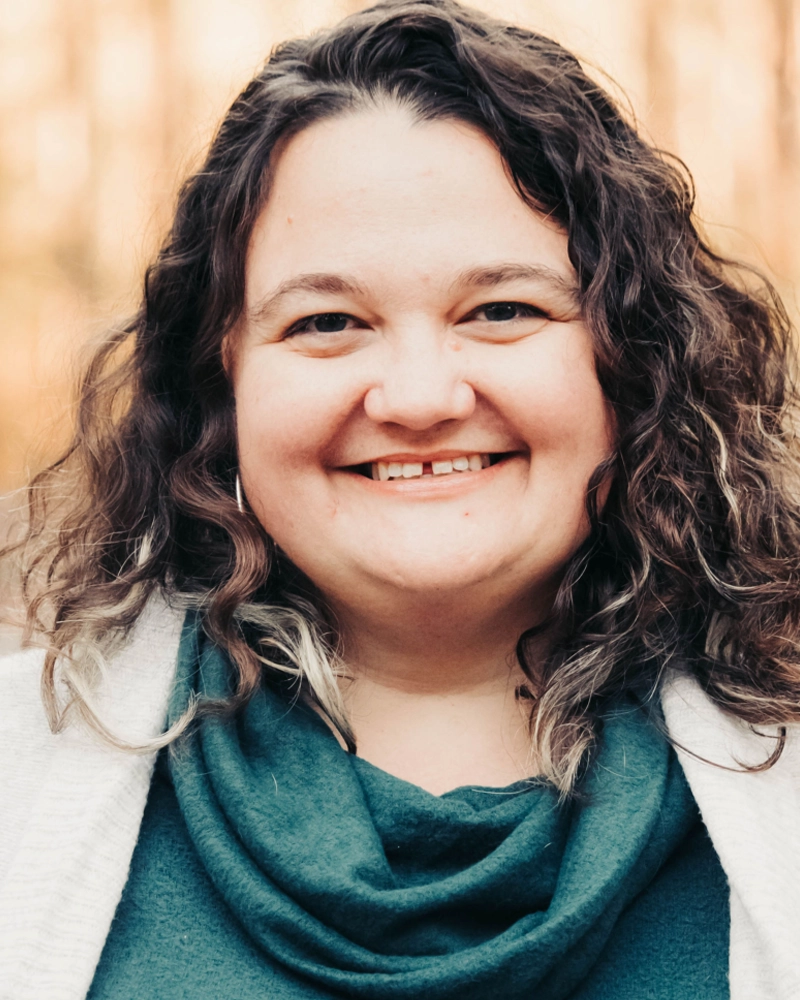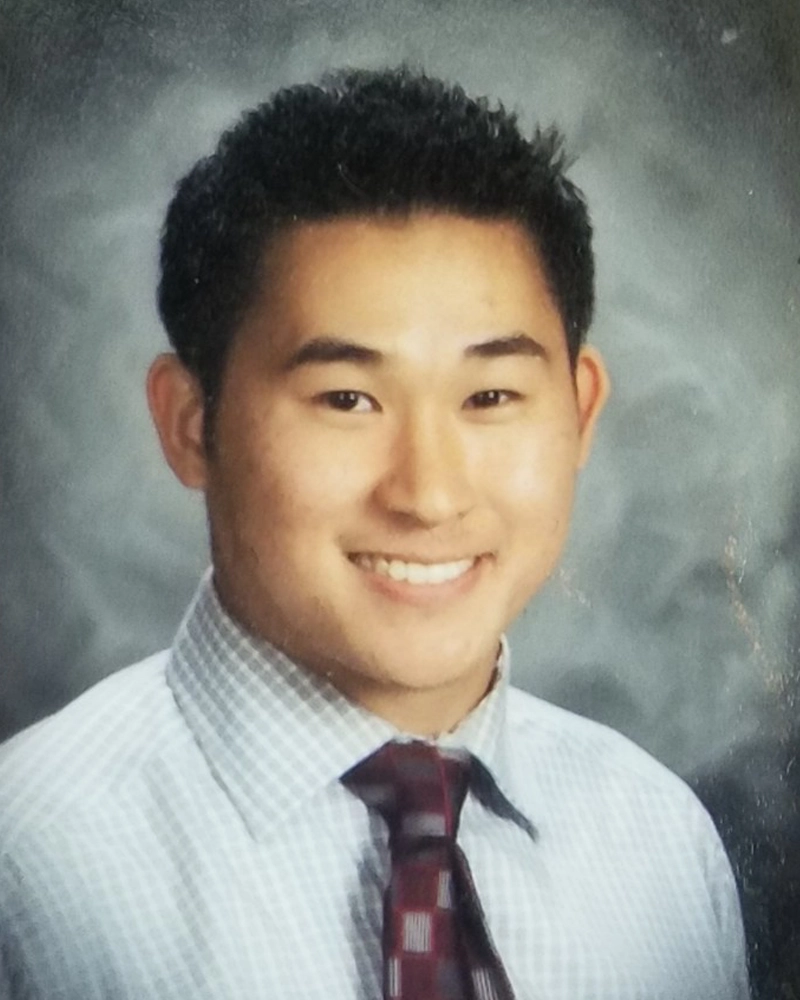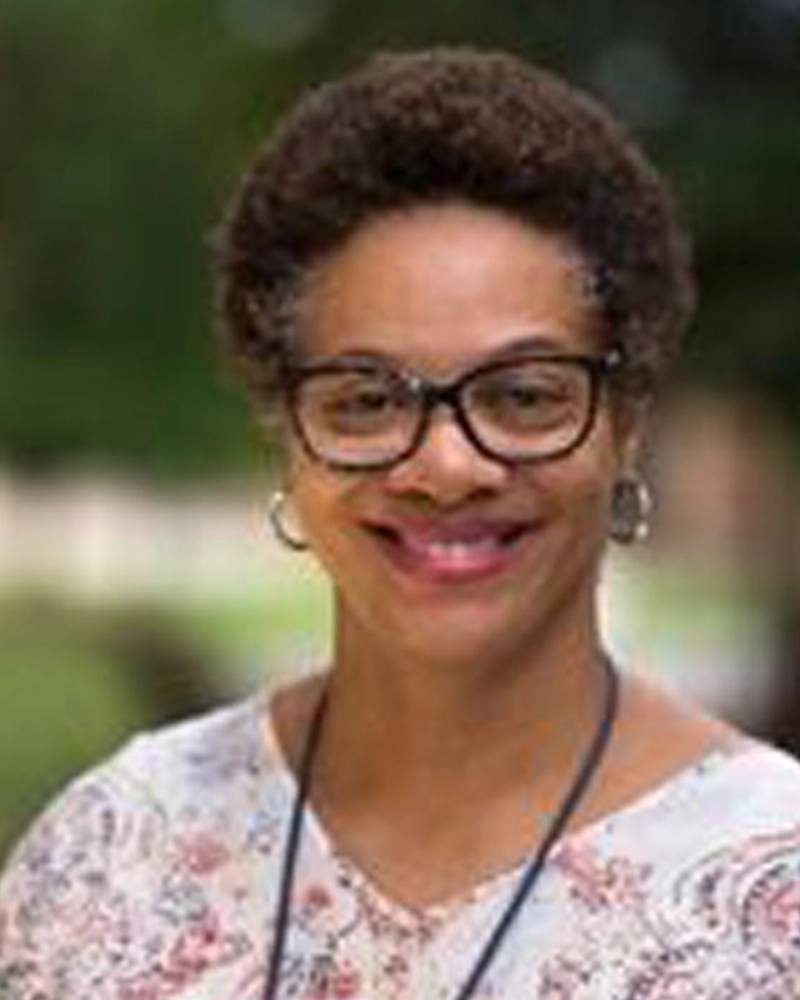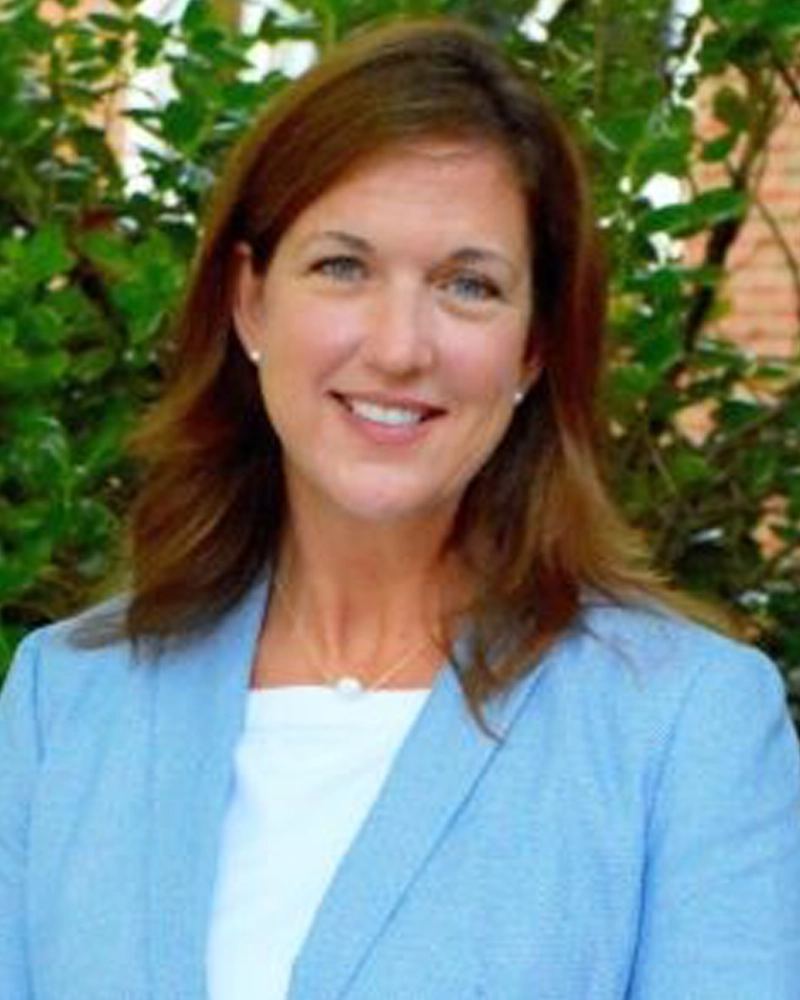
Research
Faculty and students engage in research on how people learn mathematics and science across PreK-16 settings. Areas of focus include curriculum design, classroom assessment, identity development, and the use of varied resources to support meaningful STEM learning. This work supports the creation of accessible and empowering learning experiences—and prepares future educators, researchers, and leaders to make a lasting impact in mathematics and science education.
Programs
Mathematics and Science Education programs offer both undergraduate and graduate studies and pathways to becoming a teacher.
Undergraduate
Through the VolsTeach program, we offer a Bachelor of Science (B. S.) degree focused on Mathematics or Science Education and a Minor in Mathematics or Science Education.
More on B. S. in Education focusing on Secondary Math
More on B. S. in Education focusing on Secondary Science
More on Secondary Math and Science Minor
Graduate
We offer Master of Science (M. S.), Educational Specialist (Ed. S.), and Doctor of Philosophy (Ph. D.) degrees that provide opportunities for focused study in Mathematics and/or Science Education. The M. S. and Ed. S. programs offer pathways for both individuals seeking teacher licensure and those who already hold a teaching license.
More on M. S. in Teacher Education focusing on Math/Science Education
More on Ed. S. in Teacher Education focusing on Math/Science Education
More on Ph. D. in Teacher Education focusing on Math/Science Education
Students engage in research and practice to make mathematics and science learning meaningful, empowering, and connected.
Mathematics and Science Education Faculty
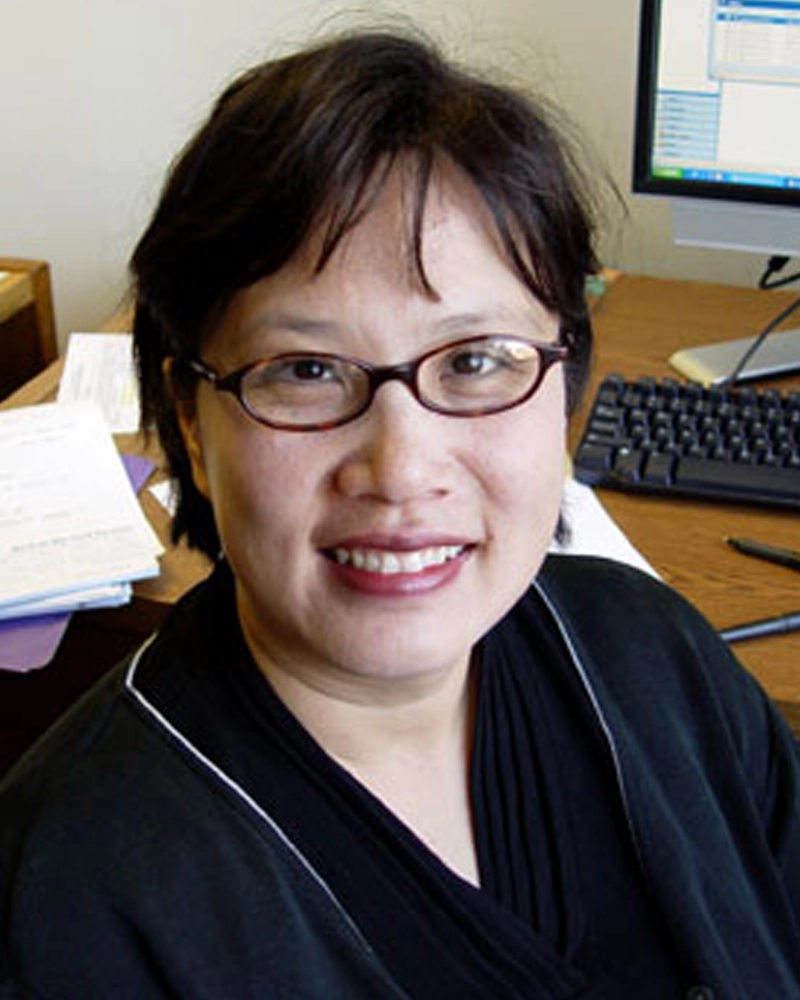
Sharing Recent Work From Faculty and Students
Future in Educational Research
Harper, F. K., Larson, J.A., Quinn, M., Caudle, L., Parker, B., Sadovnik, A., & The CRRAFT Partnership (2024). An unplugged remix of culturally responsive computing for early childhood education. Future in Educational Research. https://doi-org.utk.idm.oclc.org/10.1002/fer3.41
BioScience
Cuddington, K., Abbott, K., Adler, F., Aydeniz, M and others (2023). Challenges and opportunities to build quantitative self-confidence in biologists. BioScience, 73(5), 364–375. https://doi.org/10.1093/biosci/biad015
For the Learning of Mathematics
Bowers, D. M. (in press). Antifascist theorizing: What change can we (not) recommend? For the Learning of Mathematics, 45(1), 25-27.
Association of Literacy Educators and Researchers Annual Conference (ALER)
Jordan, J., Broemmel, A., & Bentley, K. (2023, November). Professional Teacher Vision Journal: Following the Transformation of Preservice Teacher Beliefs. Association of Literacy Educators and Researchers Annual Conference (ALER), Santa Fe, NM.
Antiracism in Early Childhood Education
Starks, F.D. & Cosby, M. (in press). Herstory: Exploring Black women educators’ cultivation of homeplace for the support and nurturing of Black children. In V. Bamsey & L.J. McNair (Eds.) Antiracism in Early Childhood Education.
The Urban Education Sourcebook on Instruction and Supervision
Kirkpatrick, Y. (2024). Science for all: Ecological-based models and educational activism. In T. Flowers (Ed.), The urban education sourcebook on Instruction and Supervision (pp. 40). Cambridge Scholars Publishing.
Journal of Community Engagement and Higher Education
Maples, A., Hodge, L., & Kim, N. (2024). Gaining insights into community engagement efforts: Learning from preservice STEM educators. Journal of Community Engagement and Higher Education, 16(1), 55–68.

